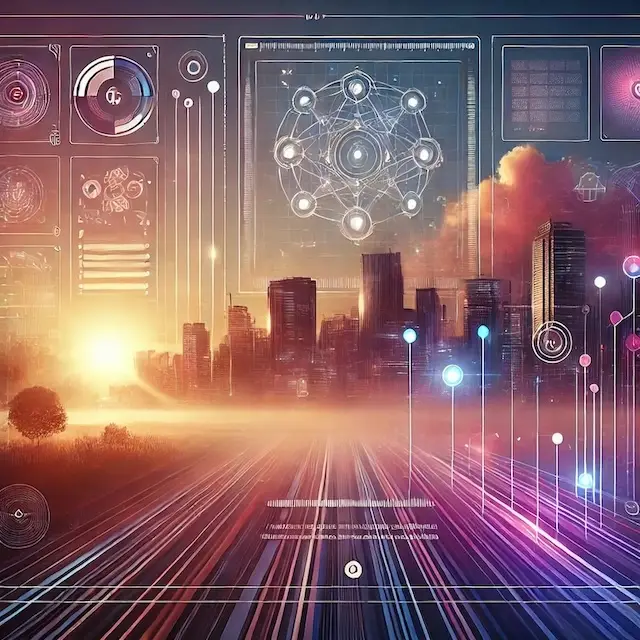
Artificial Intelligence (AI) is no longer just a futuristic concept; it is an integral part of our daily lives. From voice assistants like Alexa and Siri to advanced algorithms that drive self-driving cars, AI is reshaping industries and enhancing human capabilities. But what does the future hold for AI, and how can it help mankind? Let’s explore.
AI: The Current Landscape
AI has already proven its potential in areas like healthcare, education, transportation, and entertainment. Machine learning algorithms power recommendation systems on streaming platforms, while AI-driven diagnostics help detect diseases like cancer at early stages. Despite these advancements, we’re only scratching the surface of what AI can achieve.
Future Trends in AI
- Healthcare Revolution:
- AI will play a pivotal role in personalized medicine. By analyzing genetic data and lifestyle factors, AI can recommend tailored treatment plans.
- AI-driven robotic surgeries will become more precise, reducing risks and recovery times.
- Early disease detection through AI-based pattern recognition will save millions of lives.
- Education Reimagined:
- Adaptive learning platforms will provide personalized education, catering to the unique needs and pace of each student.
- AI tutors will make education accessible to remote and underprivileged communities.
- Gamification through AI will make learning more engaging and effective.
- Sustainable Development:
- AI-powered systems can optimize energy usage, reducing waste and promoting renewable resources.
- Smart agriculture, using AI for crop monitoring and yield prediction, will address global food shortages.
- AI-driven climate models can predict and mitigate the impact of natural disasters.
- Workplace Transformation:
- AI will automate repetitive tasks, freeing humans to focus on creative and strategic work.
- Enhanced collaboration tools powered by AI will make remote work more efficient.
- AI will open up entirely new industries, creating jobs that don’t exist today.
How AI Can Help Mankind
- Improving Quality of Life: AI applications in healthcare, smart homes, and autonomous transportation will enhance convenience and safety, particularly for the elderly and disabled.
- Bridging the Gap:
- AI can democratize access to education, healthcare, and financial services, leveling the playing field for marginalized communities.
- Addressing Global Challenges:
- AI models can analyze massive datasets to find solutions to pressing issues like poverty, hunger, and climate change.
- Enhancing Creativity:
- AI tools like generative art platforms and natural language models are empowering artists, writers, and musicians to push creative boundaries.
Challenges and Ethical Considerations
While the future of AI is promising, it comes with challenges. Ensuring fairness, transparency, and accountability in AI systems is crucial. Data privacy and security must be safeguarded to prevent misuse. Moreover, addressing potential job displacement and promoting AI literacy will be essential for a smooth transition into an AI-driven world.
Conclusion
The future of AI is not about replacing humans but augmenting our abilities and addressing challenges that once seemed insurmountable. As AI continues to evolve, its potential to help mankind will only grow, provided we develop and deploy it responsibly. By harnessing AI’s capabilities, we can pave the way for a smarter, more equitable, and sustainable future for all.
This Blog is a starting point for AI related knowledge.
Good content!
Keep updating